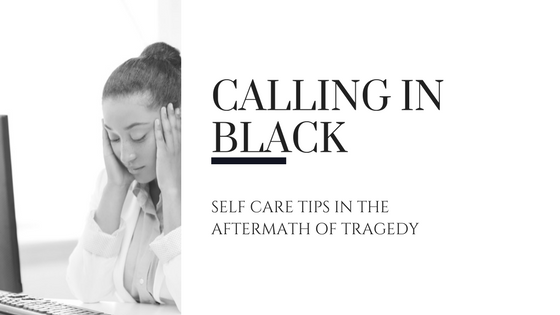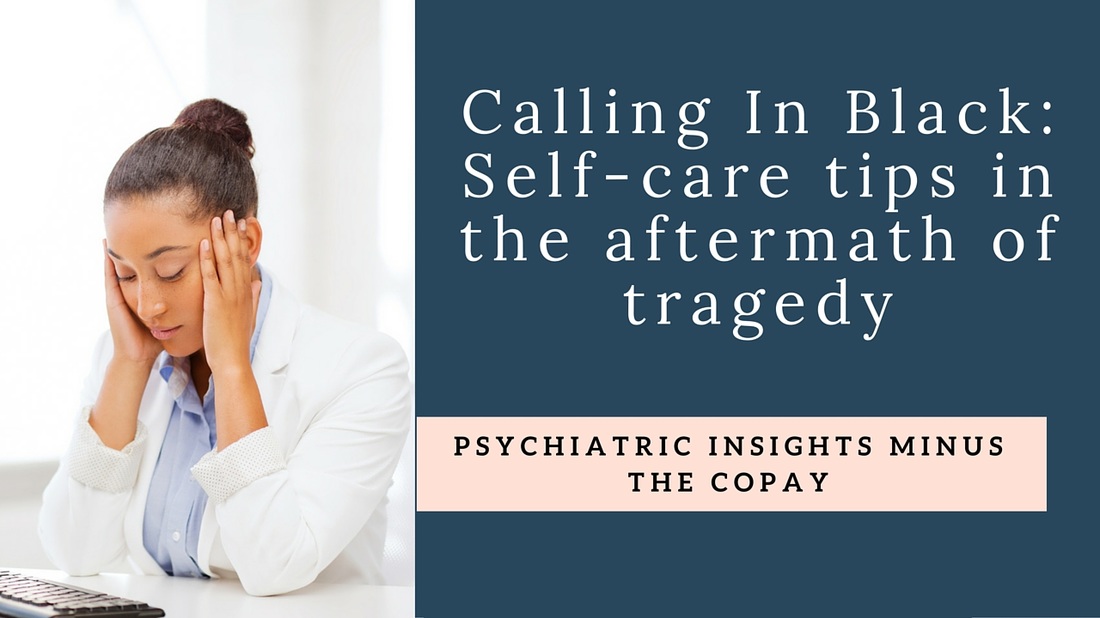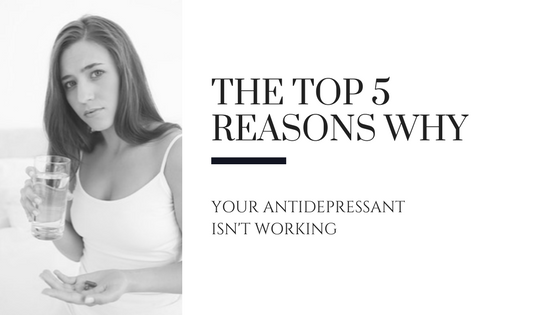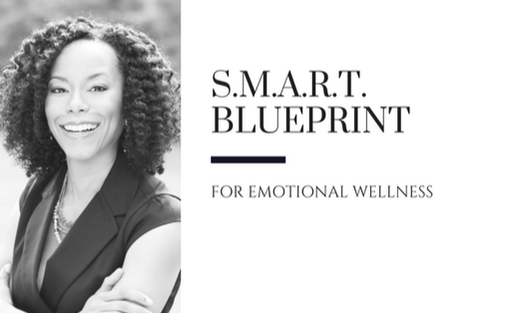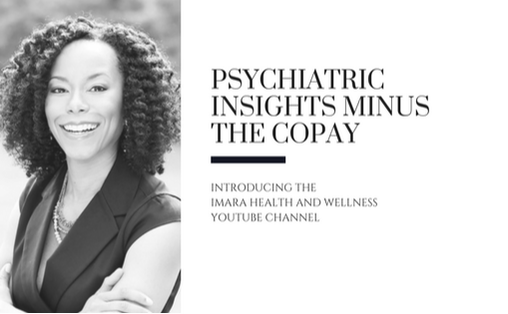How does a person stop fighting the wrong battles in life? The answer is simple… Learn to be STILL7/26/2016 There are times when life seems like an uphill battle. Perceived failures and disappointments can leave us feeling frustrated, exhausted and lacking in hope. We may find ourselves asking: Why does this always happen to me? Why do I keep making the wrong decisions? For some of us, this frantic search for answers leads us to devour self-help books or motivational blogs in a desperate attempt to figure out what we’re doing wrong. For others, the search for answers involves trying to figure out what may be wrong with the rest of the world that often seems so dysfunctional. We feel better knowing that we are in motion. We often fool ourselves into thinking that if we can just figure out what’s wrong with a situation, we can somehow do something to fix it. In spite of our best intentions however, the problems persist. What if I told you that the most effective way to solve such problems isn’t more doing? The most effective way to solve such problems is to learn to be STILL. The following are five simple rules for cultivating stillness when faced with life’s challenges:
Rule #1: Stop resisting. What you resist persists. Instead of conceptualizing what you are struggling against as a ‘battle’ to be overcome, try to embrace the issue as a learning opportunity that needs to be mastered. Chances are there is a lesson that hasn’t quite been learned that needs to be understood for the cycle to stop repeating itself. Rule #2: Take time to contemplate the situation. Ask yourself what you fear will happen if you choose a different path? Fear is often the thing that keeps us trapped in seemingly inescapable circumstances. Often if you can get to the root of the fear, you can get to the root of the problem. Interestingly, fear often results out of a desire to control or manage outcomes, situations or other people. Rule #3: Ignore the urge to ‘fix’ things You cannot control outcomes or the behavior of others. You are deluding yourself if you think that your actions can control someone else’s behavior. Of course, we may find ourselves resorting to threats, coercion or other tactics that temporarily get people to behave in ways that we would like them to. This leads to us having the illusion of control because such behaviors appear to work in the moment. This is a false assumption. You have to remember that people submit because they choose to submit – not because you had any true authority over their decision making process. You have to be willing to accept the fact that things do not always happen according to plan. As such, you also have to be willing to accept the fact that you cannot control outcomes. You can only control your reaction to the outcome. Rule #4: Listen to your inner champion instead of your inner critic Remember that fear lies at the heart of most bad decisions. Playing it safe often means forgoing decisions that we know will lead us out of our comfort zones and into the unknown. We may rationally know that quitting a toxic job or leaving an abusive relationship is the right thing to do however the fear of not being ‘enough’ to find something better can keep us trapped in situations that we know are not healthy for us. Instead of fearing that you are not enough to attract an ideal job or loving relationship, recognize and embrace all of the stellar qualities that make you deserving of fulfillment, joy and happiness. Rule #5: Learn to let go A clenched fist can neither give, nor receive. You may have heard the parable of the monkey’s fist. It is said that certain ancient cultures would often trap monkeys by carving out a small hole filled with tasty treats that the monkey would eagerly reach into in order to grab hold of the treats. The hole, being large enough for the monkey to fit his open hand into, but too small for the monkey to pull out of once his fist is closed, allows the monkey to be easily captured while clutching onto his treat and struggling to break free. Of course, the monkey could have easily escaped the trap had he only had the foresight to let go of his tasty treasures but his single-minded focus on obtaining the treat caused him to be unable to identify other solutions. Like the monkey, we often become so focused on a particular outcome that we fail to recognize the myriad number of alternate paths that can be taken to arrive at an intended destination. We essentially become trapped by the inflexibility of our conditioned way of thinking. When you embrace the principles of stillness, you begin to recognize that the struggles that we often view as battles with someone or something outside of ourselves are actually battles within our own minds. It can be said that the surest way to peace is through stillness. The next time you find yourself in the midst of a seemingly impossible battle, remember to take a deep breath, relax and be STILL. The solution may be closer than you think. Be Well and God Bless, Reba Peoples, M.D.
6 Comments
The past few days have not been easy for America. Within less than 48 hours, filmed footage of not one, but 2 black men being murdered at the hands of law enforcement have flooded our Facebook feeds and made national news throughout the country. Alton Sterling and Philando Castile will never celebrate another birthday, never enjoy another sunset, and never see their families again. For the majority of Americans, the news of their killings is troubling but not particularly devastating – a sad story at worst, or maybe even an unfortunate and tragic mistake at best. For black Americans however, these two events have rubbed salt into an already festering wound. As a psychiatrist, I’ve been asked to offer some advice on how to foster resilience in the face of these sorts of tragedies. I’ll start off by saying that enduring the after effects of over 300 years of slavery followed by a subsequent 150 years of systemic racism and systematic oppression has already made us incredibly resilient. Resilience is not something that we as black people are currently lacking. What we are lacking is a plan. The problem with the nature of our resilience is that it is often reactionary – bad things happen and we try our best to figure out a way to deal with the consequences. For some of us, those ways of dealing are positive and self-affirming while for others, those coping strategies are often negative and self-destructive. Matthew 7:24 makes reference to the wise man who built his house upon a rock. When the winds blew and the rains fell, his house stood firm because it was built on a solid foundation. When we make a commitment to self-care, we are making a commitment to building on a solid physical and emotional foundation that will allow us to weather any storm. What are the fundamentals of proper self-care? 1) Get Enough Sleep! – Your body and your brain cannot function without adequate sleep. Being sleep deprived can actually impact the areas of the brain that are responsible for making decisions, solving problems, controlling emotions and coping with change. Without adequate sleep, the more limbic or primitive part of your brain is more likely to be the part of your brain that is in control. When this happens, you are more likely to respond to challenges from a place of anger rather than from a place of rational, righteous indignation. How much sleep is the right amount? It varies from person to person but you always want to aim for a minimum of 6-8 hours of solid sleep nightly. 2) Move Your Body – Physical exercise is so important in helping maintain emotional balance. Studies have shown that just 20 minutes of exercise 4 times weekly is actually as effective as an antidepressant in mild to moderate cases of depression. We also know that mindful moment like yoga, tai chi, dance and even martial arts can strengthen the connections in the area of the brain that allows you to have a finite sense of time. People who struggle with overcoming trauma often live in a constant state of heightened fear and anxiety because their brains have not been able to properly deliver the message to their bodies that the danger has passed. Their brains and bodies are essentially ‘stuck’ in the past. 3) Choose Your Thoughts Wisely – Did you know that the average American is estimated to have an average of 50,000 thoughts in a single day? For most of us, about 65% of those thoughts are negative. The nature of trauma is that it robs you of your ability to imagine the possibility of a better future or different outcome. When we allow ourselves to become stuck in externalizing blame rather than mobilizing resources, we rob ourselves of our ability to actively manifest change. Yes, there is blatant injustice in the world. Yes, people of color have historically been systematically brutalized, beaten, murdered and oppressed. Yes, it is important to name these things however it is also important to recognize the true work only BEGINS with the label – it doesn’t end there. Labeling injustice not only allows us to acknowledge the fact that it exists, but more importantly allows us to imagine the possibility of dismantling those structures that allow it to exist in the first place. All action begins with a thought. We need to choose our thoughts wisely. 4) Eat Real Food – I cannot stress this enough. The best protection that you have against the ravaging effects of daily exposure to toxic stress is fueling your body a variety of colorful, nutritious, whole foods. A general rule of thumb is that if something comes in a bag, a box or a can, it probably should not go into your body. When we eat foods that are high in sugar content or foods that trigger inflammation in the body (wheat and dairy are the primary offenders for a good number of people) our brains release chemical messengers called pro-inflammatory cytokines. People with high levels of these chemicals in their brains are more likely to struggle with depression, more likely to have symptoms of anxiety and are more likely to have physical symptoms like sluggishness and fatigue. Make an effort to commit to avoiding processed foods and refined sugars. Your brain and body will thank you. 5) Know Your Limits and Know When to Get Help – This is a big one – especially for those of us who may work in environments where we are one of a few or perhaps even the only person of color. Please know that you are not alone and there are plenty of people out there who understand and are able to offer support. Don’t be afraid to reach out to your support network to talk things out when needed. It’s also important to recognize that there is no shame in reaching out to a mental health professional for extra support when needed. This is by no means meant to be an exhaustive or all-inclusive list but merely a starting point to get you on the path toward feeling your best and daring to thrive in the face of tragedy. If you’re interested in learning more or have suggestions for future blog posts, please feel free to let me know your thoughts by commenting below! Be Well and God Bless, Reba Peoples, M.D. Psychiatric Insights Minus the Copay: Introducing the Imara Health and Wellness YouTube Channel5/26/2016  We’ve all been there – had moments of self-doubt, sadness or grief. More often than not, a combination of time, self-reflection and a little support from our loved ones is enough to help us manage to snap out of our rut. But what happens when – in spite of your best intentions – those feelings of despair and uncertainty linger? What happens when those feelings start to impact your work life, your relationships, or your ability to see hope for the future? You may be hesitant to seek out care. You may be fearful of being labeled as ‘crazy’ or started on a medication that may make you feel like you are not quite yourself anymore. Once you have moved beyond the initial hesitation and made the decision to contact someone for care – you may find yourself overwhelmed with the sheer number of choices available – psychiatrist, psychologist, clinical social worker, counselor – how does one possibly decide? All too often, the person that you ultimately end up seeing is left to the luck of the draw – often times seeing the next available provider who happens to have an opening and happens to accept your health insurance. You hope to find someone who is caring, compassionate, and actually listens. You also hope that, in addition to having good bedside manner, the person actually knows how to help you solve your problem. One of the most common complaints that I hear from patients is that my doctor seems like a nice enough person but I just feel like all he or she wanted to do was throw medications at me. Unfortunately, the reality of today’s mental health care system means that health care providers are asked to do more and more with less and less. The consequence of this frenzy to pack more and more patients into each day is that the focus of the interaction becomes how to eliminate symptoms rather than how to achieve optimal health. This is where Imara Health and Wellness is different. Instead of relying on insurance premiums, Imara sets its rates directly with its patients. This allows us to be able to focus on what is most important – wellness, not disease. Imara’s core principles include: Balance – Our bodies are exquisitely designed to maintain a state of internal balance. Illness is often the body’s signal that its internal balance has somehow been disrupted. My job as a physician is to figure out the cause of the imbalance and work to fix it. Nutrition – Food is medicine. Proper nutrition is key to maintaining optimal health. My job as a physician is to help you figure out the best food choices to keep your body as happy and healthy as possible. Education – There is an overwhelming amount of information floating around about the next big thing in wellness. From superfoods to nutritional supplements, it is easy to get caught up in the latest hype. My job as a physician is to help you cut through the noise and design a plan that is safe, effective and has the evidence to back it up. Empowerment – My ultimate job as a physician is to empower you to become a steward of your own health and architect of your own destiny. One of my favorite African proverbs states that smooth seas do not make skillful sailors. Although each of our experiences provide valuable lessons, we sometimes find ourselves in need of a bit of guidance along the way. Imara is here to help you navigate life’s journey. Take the first step toward reclaiming your health and sign up for the Imara newsletter today. Better yet, contact us to schedule your first visit. Your journey to wellness starts here. Be Well and God Bless, -Reba Peoples, M.D. |

